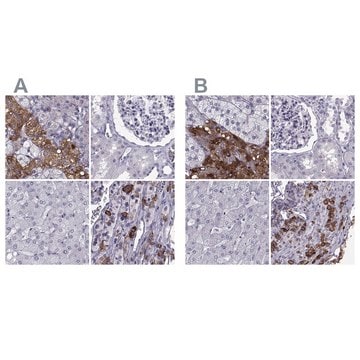WH0005122M2
Monoclonal Anti-PCSK1 antibody produced in mouse
clone 3D2, purified immunoglobulin, buffered aqueous solution
Synonyme(s) :
Anti-NEC1, Anti-PC1, Anti-PC3, Anti-SPC3, Anti-proprotein convertase subtilisin/kexin type 1
About This Item
Produits recommandés
Source biologique
mouse
Niveau de qualité
Conjugué
unconjugated
Forme d'anticorps
purified immunoglobulin
Type de produit anticorps
primary antibodies
Clone
3D2, monoclonal
Forme
buffered aqueous solution
Espèces réactives
rat, mouse, human
Technique(s)
immunohistochemistry (formalin-fixed, paraffin-embedded sections): suitable
indirect ELISA: suitable
indirect immunofluorescence: suitable
western blot: 1-5 μg/mL
Isotype
IgG3κ
Numéro d'accès GenBank
Numéro d'accès UniProt
Conditions d'expédition
dry ice
Température de stockage
−20°C
Modification post-traductionnelle de la cible
unmodified
Informations sur le gène
human ... PCSK1(5122)
Description générale
Immunogène
Sequence
GGRRDELEEGAPSEAMLRLLQSAFSKNSPPKQSPKKSPTAKLNIPYENFYEALEKLNKPSQLKDSEDSLYNDYVDVFYNTKPYKHRDDRLLQALVDILNEEN
Forme physique
Informations légales
Clause de non-responsabilité
Vous ne trouvez pas le bon produit ?
Essayez notre Outil de sélection de produits.
Code de la classe de stockage
10 - Combustible liquids
Point d'éclair (°F)
Not applicable
Point d'éclair (°C)
Not applicable
Équipement de protection individuelle
Eyeshields, Gloves, multi-purpose combination respirator cartridge (US)
Certificats d'analyse (COA)
Recherchez un Certificats d'analyse (COA) en saisissant le numéro de lot du produit. Les numéros de lot figurent sur l'étiquette du produit après les mots "Lot" ou "Batch".
Déjà en possession de ce produit ?
Retrouvez la documentation relative aux produits que vous avez récemment achetés dans la Bibliothèque de documents.
Notre équipe de scientifiques dispose d'une expérience dans tous les secteurs de la recherche, notamment en sciences de la vie, science des matériaux, synthèse chimique, chromatographie, analyse et dans de nombreux autres domaines..
Contacter notre Service technique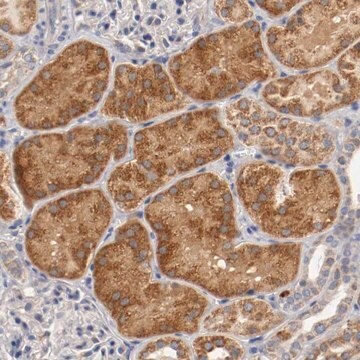
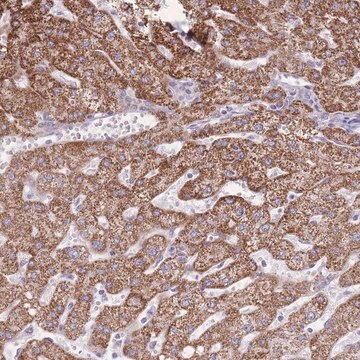
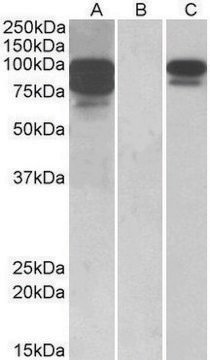
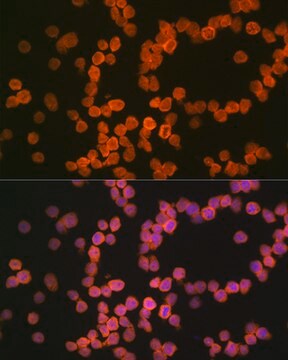
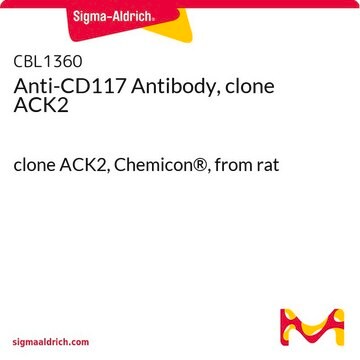
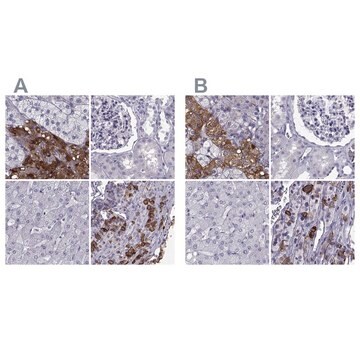
![[KD Validated]Anti-PCSK9 Antibody, clone 9L4U5, Rabbit Monoclonal](/deepweb/assets/sigmaaldrich/product/images/287/260/cdc087a1-d8df-45f5-b520-65479f938aa1/640/cdc087a1-d8df-45f5-b520-65479f938aa1.jpg)
